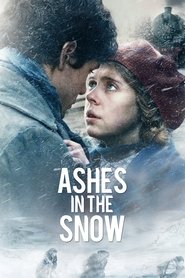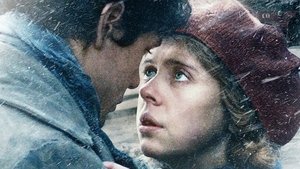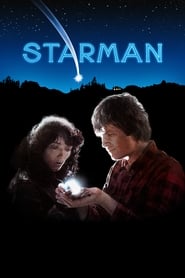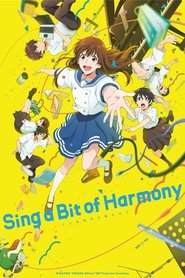
Video Sources 1203 Views

Synopsis
Ashes in the Snow 2018 Full Movie Download In Polish 1080p
StoryLine:
The stakes don’t get much bigger or the canvas much smaller than in Rubikon, a sci-fi drama about the fate of the Earth, set aboard an orbiting space station. There, a handful of characters — just three, for most of the film’s length — stare out of their windows at a world that’s choking to death on toxic fog. They feel like they ought to go down to the surface and try to save humanity, but they’re not sure they can bring themselves to leave the safety of their orbiting cocoon.In other words, this is a COVID movie. Rubikon’s tiny cast and minimal production probably have more to do with its budget and origin (it’s Austrian-made, though mostly in English) than when it was made. And Leni Lauritsch, the first-time director, wrote the film before the pandemic, with topics like global climate change and the European refugee crisis on her mind. But as she was shooting during the second wave of coronavirus, the parallels became inescapable for her and her actors, and they’re inescapable for viewers now.Ashes in the Snow 2018 Full Movie Download
On an emotional level, Rubikon is a film about how isolation breeds insular attitudes, and how easy it is for your horizons to shrink, even when you can see the curvature of the Earth from your bedroom window. We can all relate. On a moral level, however — and this is very much a morality play in the guise of a contained, pressure-cooker thriller — it’s about weighing your responsibility to yourself and your family against your responsibility to society. The trouble is, its metaphor is so starkly exaggerated, with the future of humanity on one side of the scale and three people in a tin can on the other, that it never fully makes sense.
Additional Links:
Original title
Ashes in the Snow
IMDb Rating
6.5 6,279 votes
TMDb Rating
6.7 88 votes
Director
Director
Cast
Lina Vilkas
Nikolai Kretzsky
Jonas Vilkas
Elena Vilkas
Kostas Vilkas
Joana
Greshnev
Andrius Aras
Marija




























